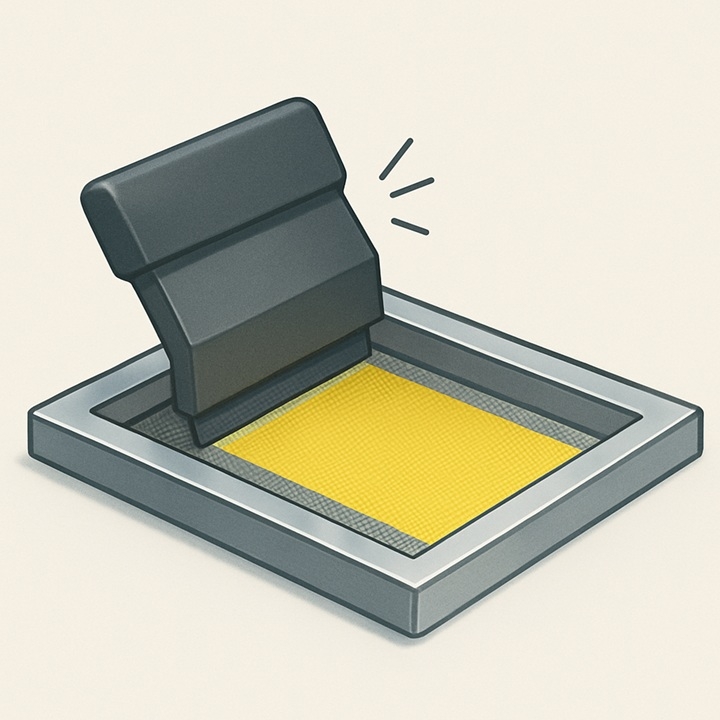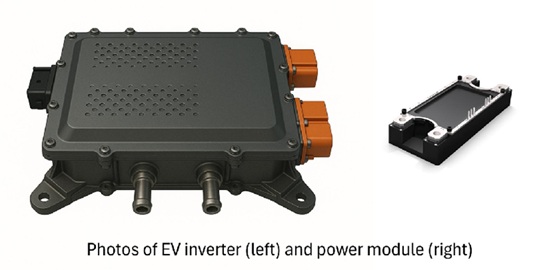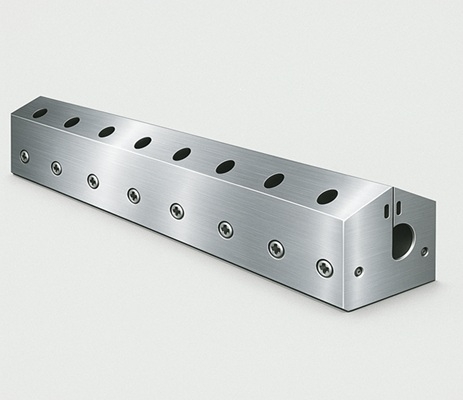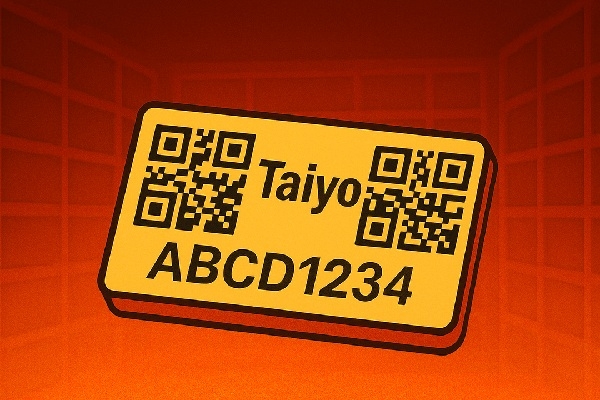
Mesh for Screen Printing
Screen printing is a technique that transfers ink onto a substrate through a mesh screen. It is widely used across industries, from electronic components and industrial products to everyday items and decorative prints. In particular, manufacturing processes such as circuit boards, touch panels, and sensors demand high precision, where the quality of the mesh directly affects printing outcomes.
Selecting the right mesh is critical, as it determines the printing resolution, ink thickness, and ink deposition volume. Coarser meshes allow more ink to pass through, making them suitable for thick-film printing, while finer meshes enable the formation of intricate lines and patterns. The ideal mesh is chosen based on factors such as ink viscosity, the material being printed on, and the required precision, taking into account mesh count, wire diameter, and open area.
The material of the mesh also plays a key role in printing stability and durability. Polyester mesh is commonly used for general applications due to its excellent cost performance and versatility. In contrast, metal mesh offers superior dimensional stability and heat resistance, making it ideal for continuous production runs and high-resolution printing. The inherent rigidity of metal mesh helps to stabilize the printing process and reduce defects.
Taiyo Wire Cloth supplies both polyester and metal mesh for screen printing. We propose the optimal mesh solution tailored to your production process and specific requirements. If you are facing challenges with screen printing mesh, please feel free to consult with Taiyo Wire Cloth.


